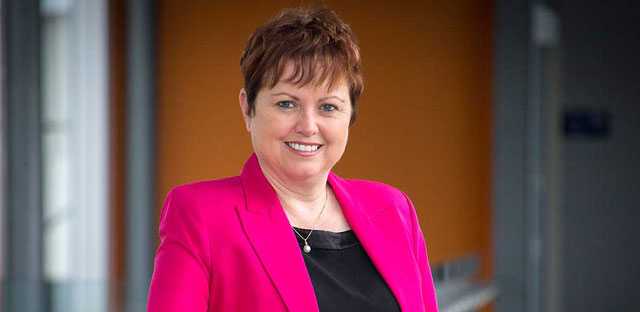Massey researchers have received more than $15.6 million from the Royal Society of New Zealand’s annual Marsden Fund for 26 projects, a record number of projects funded and total funding.
The projects include studying super-heavy elements, Māori resilience in post-disaster contexts and sexuality and ethical deliberation in residential aged care.
The 26 successful Marsden grants – made up of 10 “Fast-Start” grants for new and emerging researchers and 16 standard grants – represent 18.4 per cent of the total $84.6 million funding pool this year.
Vice-Chancellor Professor Jan Thomas congratulated the researchers. “This is a tremendous effort and outcome, not only by our world-class researchers but also the many academics and support staff they work with whose contribution is so vital to ensure the quality and impact of the research proposals are prioritised through the various stages of the process,” Professor Thomas says. “Competition for research funding is intense in the New Zealand research environment. The 133 projects selected to receive funding nationwide were chosen from more than 1000 preliminary proposals.”
Assistant Vice-Chancellor Research, Academic and Enterprise Professor Giselle Byrnes says success in this Marsden round showcases the research Massey is known for, tackling the big issues and wicked problems the world is facing and doing this within a rigorous and scholarly context. “The range and diversity of the research projects also showcases the extent of Massey’s broad research expertise,” Professor Byrnes says.
The College of Sciences received grants for an unprecedented 21 projects, which shared more than $12 million of the funding.
One of the projects will be led by Distinguished Professor Peter Schwerdtfeger of the New Zealand Institute for Advanced Study. It receives $910,000 to explore the heaviest elements in the periodic table.
“Super heavy elements with an atomic number between 113 [Nihonium] and 118 [Oganesson] have only very recently been added to the periodic table and given names. Exploring and extending the periodic table of elements towards the super-heavy region, with atomic numbers larger than 103 is driven by the desire to test the very limits of the existence of matter,” Professor Schwerdtfeger says.
The complex electronic and nucleonic structures require state-of-the-art quantum theoretical approaches due to the huge electric fields involved, which the project proposes to develop and apply, he says.
“A wealth of entirely new phenomena awaits discovery due to the interplay between relativistic electrons and nucleons moving in quantal orbits subject to very strong electrostatic repulsion. Theoretical calculations of chemical and physical behaviour are indispensable to guide, design, and explain the one-atom-at-a-time experiments at the yet-unexplored regime of mass and charge.”

